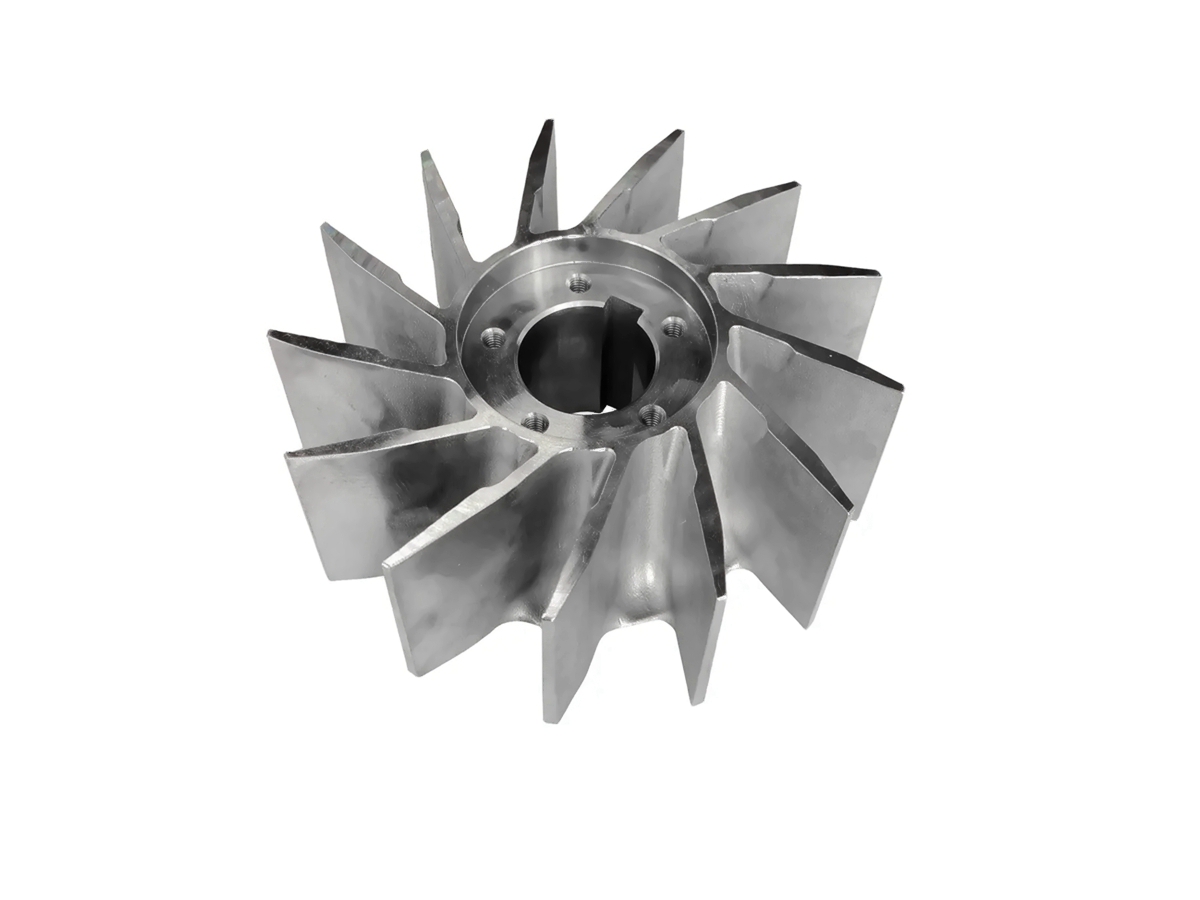Custom CNC Machining for Durable Valves in Industrial Applications
Introduction to CNC Machining for Industrial Valve Durability
Durable valves are essential for reliable industrial fluid management, demanding precise manufacturing methods to achieve optimal performance and longevity. Custom CNC machining provides unparalleled dimensional accuracy (±0.005 mm) and exceptional surface finishes (Ra ≤0.8 µm), critical for producing high-quality valves used extensively in industrial equipment, oil and gas, and power generation.
Advanced CNC machining services ensure valves maintain operational integrity, resist corrosion, and perform reliably even under harsh environments characterized by pressures up to 2000 bar and temperatures ranging from -100°C to 600°C.
Material Comparison for CNC Machined Industrial Valves
Material Performance Comparison
Material | Tensile Strength (MPa) | Wear Resistance | Corrosion Resistance | Typical Applications | Advantage |
|---|---|---|---|---|---|
515-690 | Very Good | Excellent | Chemical valves, pump valves | High corrosion resistance, durability | |
830-1030 | Excellent | Exceptional | High-temperature valves | Superior high-temperature performance, corrosion resistance | |
360-400 | Good | Good | Small precision valves, fittings | Superior machinability, precise tolerance | |
900-1100 | Excellent | Exceptional | Lightweight high-strength valves | Excellent strength-to-weight ratio, high corrosion resistance |
Material Selection Strategy for Durable Valves
Choosing optimal materials for CNC machined valves depends on operating pressure, temperature, chemical compatibility, and strength requirements:
Stainless Steel SUS316 is preferred for valves handling corrosive chemicals and high-pressure fluids, offering superior corrosion resistance and mechanical strength (up to 690 MPa).
Inconel 625 provides exceptional corrosion resistance and strength (up to 1030 MPa) at temperatures up to 980°C, ideal for critical valves used in high-temperature industrial applications.
Brass C360 is optimal for small, precision valves due to its excellent machinability and stable dimensional accuracy, beneficial in fluid control and fittings requiring precise tolerances (±0.005 mm).
Titanium Ti-6Al-4V combines outstanding strength (1100 MPa) and corrosion resistance, suitable for lightweight valves in demanding industrial environments such as marine or aerospace fluid systems.
CNC Machining Process Analysis for Industrial Valve Components
CNC Machining Processes Performance Comparison
CNC Machining Technology | Dimensional Accuracy (mm) | Surface Roughness (Ra µm) | Typical Applications | Key Advantages |
|---|---|---|---|---|
±0.005-0.01 | 0.4-1.0 | Valve bodies, complex fittings | Complex geometry, high precision | |
±0.005-0.01 | 0.6-1.2 | Valve stems, cylindrical parts | High efficiency, accurate production | |
±0.002-0.005 | 0.05-0.2 | Valve seats, sealing surfaces | Ultra-high precision, exceptional finish | |
±0.003-0.008 | 0.2-0.8 | Intricate valve components | Enhanced detail, complex shapes |
CNC Machining Process Selection Strategy for Valve Components
The correct CNC machining process is critical for achieving precise dimensions, superior surface finishes, and robust valve performance:
CNC Milling effectively produces complex valve bodies and precision fittings, delivering precise geometries with tolerances as tight as ±0.005 mm.
CNC Turning is highly efficient for machining cylindrical components such as valve stems and fittings, ensuring accuracy and consistency even at high production volumes.
CNC Grinding provides ultra-high accuracy (±0.002-0.005 mm) and excellent surface finishes (Ra ≤0.2 µm), essential for sealing surfaces and valve seats, significantly reducing leakage and wear.
Multi-Axis CNC Machining is ideal for intricate valve components with detailed geometrical features, offering precise dimensional accuracy down to ±0.003 mm and efficient, flexible production.
Surface Treatment Solutions for Durable CNC Machined Valves
Surface Treatment Performance Comparison
Treatment Method | Wear Resistance | Corrosion Resistance | Max Operating Temp (°C) | Typical Applications | Key Features |
|---|---|---|---|---|---|
Excellent | Exceptional (~1000 hrs ASTM B117) | 400 | Valve fittings, chemical valves | Uniform thickness, superior corrosion protection | |
Excellent | Outstanding (~1200 hrs ASTM B117) | 450 | Valve stems, precision fittings | High hardness, low friction | |
Moderate | Excellent (~800 hrs ASTM B117) | 250 | Stainless steel valves | Enhanced corrosion resistance, durability | |
Outstanding | Exceptional (~1500 hrs ASTM B117) | 1000 | High-temperature valve components | Exceptional thermal resistance, protection |
Surface Treatment Selection Strategy for Valves
Selecting appropriate surface treatments enhances valve durability, extends component life, and ensures optimal performance:
Electroless Nickel Plating provides uniform corrosion resistance, ideal for valves handling aggressive chemicals and industrial fluids.
Chrome Plating significantly reduces wear and friction on valve stems and sealing surfaces, improving durability under repetitive operational cycles.
Passivation is ideal for stainless steel valve parts, enhancing corrosion resistance and extending service life in chemically demanding environments.
Thermal Barrier Coating (TBC) offers superior thermal resistance up to 1000°C, crucial for valves used in extreme temperature industrial processes such as power generation and petrochemical refining.
Typical Prototyping Method
CNC Machining Prototyping: Delivers prototypes with precision tolerances (±0.005 mm) and surface finishes (Ra ≤0.8 µm), suitable for rigorous testing under realistic industrial conditions.
Powder Bed Fusion: Enables complex metal valve prototype fabrication with ±0.1 mm accuracy, ideal for validating mechanical and thermal performance before full-scale production.
Binder Jetting: Provides rapid prototyping of complex valve geometries, achieving layer resolutions of 50-100 µm, beneficial for early-stage design verification and performance assessment.
Quality Control Standards for CNC Machined Valves
Precision dimensional verification with Coordinate Measuring Machines (CMM).
Surface roughness testing with profilometers.
Pressure and leak testing conforming to ASTM and API standards.
Non-destructive testing (ultrasonic, magnetic particle, radiographic) for internal and external integrity.
Corrosion resistance validation under ASTM B117 salt spray test conditions.
Complete documentation and ISO 9001-certified traceability.
Industry Applications of CNC Machined Durable Valves
High-pressure valves in oil and gas.
Chemical processing valves.
Valves for power plant fluid control.
Precision fittings for automated systems.
Related FAQs:
Why is CNC machining critical for durable valve production?
What materials ensure optimal durability for industrial valves?
Which CNC processes provide the highest precision for valves?
How do surface treatments enhance industrial valve performance?
What quality standards are essential for CNC machined industrial valves?

